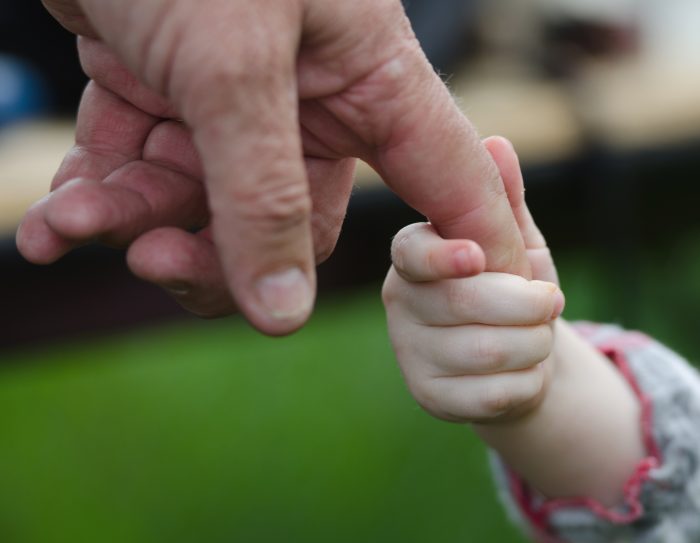D. None of the Above: In a role reversal, we ask our kids for the kind of help we used to give them
By Daniel Dunaief

When our children were young, our first, primary and most important mission was to make sure they were safe and healthy.
We didn’t sit down at the beach because each of them had a tendency, like me I suppose, to head directly into the water. Sometimes, they weren’t on board with our efforts to protect them.
We would put them in a car seat and, almost instantly, they would arch their backs so far that it was impossible to strap them in.
Or we would try to apply sunscreen and they would wiggle away and giggle, as we dropped a glob of white cream on the floor or sprayed it into the air.
We made them hold our hands even when they didn’t want to touch us. Anyone who read last week’s column can understand why my children, in particular, might not want to hold my intolerably sweaty hand during the heat of the summer.
We also urged them to wear bike helmets, even though they weren’t cool, to wear mittens or gloves in the winter and to get enough sleep so they could function the next day at school or at their numerous basketball/baseball/softball/volleyball/music practices over the weekend or in the evening after a long day of listening to adults talk at them.
One day, after a particularly exciting and challenging basketball game for our son, one of his friends asked if he could bring him to a movie with his family.
“Uh, I guess so,” I shrugged, as I counted the basketballs I shoved into a mesh bag to make sure I had exactly the number the league had given me. “What movie?”
“Hunger Games,” my son’s friend said.
I looked at my wife. I’d heard that the movie was particularly violent and knew that our son, who was under nine, might struggle to make it through a PG-13 movie, particularly one that involved violence among children.
“Are you sure you want to go?” I whispered to our son, hoping that I could encourage him to do something else that evening that might not cost him and, perhaps, us some sleep.
“Daaaaddd,” he said, giving me the can’t-you-be-a-fun-dad-just-this-once look.
My wife and I locked eyes, trying to figure out if either of us should step in and suggest that we’d rather he didn’t go.
We rolled the dice, holding our breath as he jogged away from us across the gym.
We considered taking a nap before he came home, just to prepare ourselves for a restless night.
When he finally returned, he had a broad grin on his face.
“You gotta see the movie, it’s amazing,” he said.
We weren’t sure whether he was just being tough in front of his friend or if he really liked it. Each of the next eight times we asked, he never changed his answer or wavered.
That night, all of us slept well.
Fast forward to today. Our kids are watching and streaming whatever appeals to them. Somehow, one of them asked if we had seen the series “Black Mirror,” suggesting it was a modern version of “The Twilight Zone.”
The first episode, with Salma Hayek, was clever and amusing at the same time. Playing herself, Hayek was particularly funny. Psychologically, it was what we thought and expected.
Then, we watched a few more episodes that became darker and more unnerving. Both of us lost some sleep after watching scenes that exceeded our gore threshold.
We started a text chain with our children, letting them know that we liked the first one and then felt as if the program did a bait-and-switch on us, taking us in a different direction from the psychological into the painful and gory.
They instantly offered their thoughts on different episodes and what they advised was appropriate for mom and dad to watch.
Our kids sent messages like “this one is not scary” and “I think it’s safe to watch.”
At least as far as some TV programs, we’ve come full circle. We are no longer trying to offer them parental guidance, at least where movies are concerned. Maybe they can help establish a new film rating system for sensitive parents.







